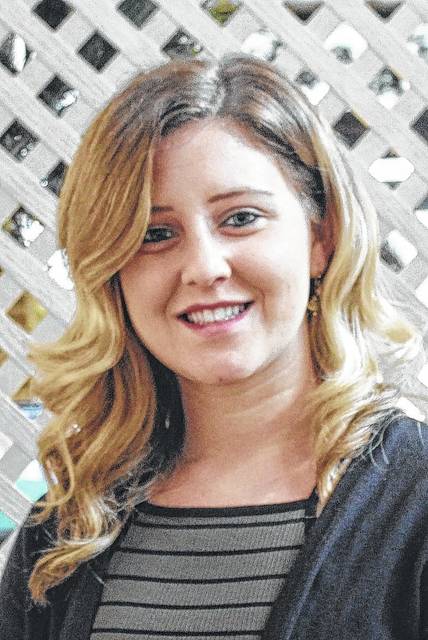Are you interested in preserving foods in a way other than freezing or canning? Do you have more herbs than you know what to do with? Trying to find another way to preserve your fruits? Then our upcoming dehydration workshop is for you! Join us Aug. 12 from 10 a.m.-2 p.m. to learn all about dehydration in our hands-on workshop.
Dehydration has been around since ancient times, when they used sun and wind to dry foods. Today we can dehydrate foods more quickly by using a dehydrator. Drying prevents growth of microorganisms because it deprives the microorganisms of water. If sufficient water is removed, the microorganisms cannot multiply. However, there are some concerns with dehydrating meats and foodborne illness, especially related to Salmonella due to its ability to withstand drier conditions. Drying foods also preserves them because the enzyme action is slowed (though not stopped), which means that color, texture, and quality do not degrade as rapidly once food is dried.
Different foods require different drying temperatures and times. Here are a few helpful hints when dehydrating foods:
1. Don’t mix foods with strong smells or drying times.
2. Use vegetable oil, vegetable spray, or cheesecloth to prevent sticking to trays.
3. Don’t overlap pieces of food on trays.
4. Remember, the larger the load, the longer the drying time, the more nutrients lost.
5. Rotate racks and turn foods periodically.
You can do many things with dried foods. Eat them and enjoy them as they are, or rehydrate them to enjoy in a dish. You can plump or soften fruits by covering them with liquid for 5 to 10 minutes, steaming them 3 to 5 minutes, or soaking then simmering them. For vegetables you can rehydrate by soaking 1 to 2 hours in 1 to 2 cups liquid per 1 cup veggies. To learn more information about dehydrating foods, join us Saturday, Aug. 12 from 10 a.m. – 2 p.m. We will be drying a variety of foods to get as much hands-on experience as possible. Class cost is $15 and Ball Blue Books will be available for $5.

